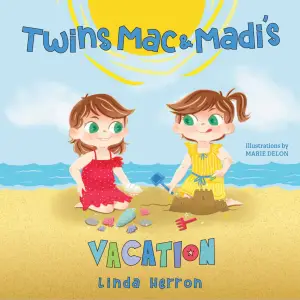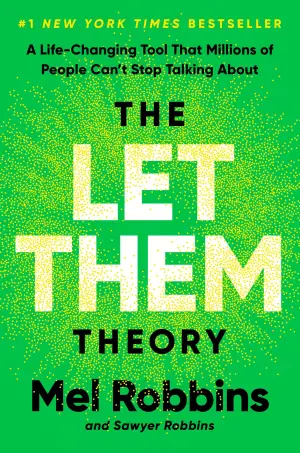A Journey Through Aldous Huxley’s Brave New World: A Reflection
When I first picked up Aldous Huxley’s Brave New World, I hadn’t anticipated the profound impact it would have on me. This isn’t just another dystopian novel; it’s a chilling exploration of our humanity, crafted with such elegance that it surpassed anything I’d experienced in this genre before. In fact, I found myself reflecting on how Brave New World could even eclipse George Orwell’s famed 1984. That might sound audacious, but as I delved deeper, it became clear that Huxley’s vision of the future raises questions so intriguing that they linger long after turning the last page.
At its core, Brave New World presents a society where everything familiar—family, love, emotion, even death—is engineered out of existence. What remains is a world devoid of suffering, yet stripped of depth and authenticity. Huxley forces us to confront an uncomfortable question: Would you trade your right to feel for a life devoid of misery? This duality—a sort of dystopian utopia—creates a tension that compels you to examine your beliefs about happiness and fulfillment.
The characters in this novel are engineered to fit into their roles, programmed to fulfill a purpose. They inhabit a meticulously crafted world where traditional values have been abandoned, and their thoughts and desires are mild echoes of what we would recognize as authentic human experience. Though I didn’t form emotional attachments to the characters, I found them utterly fascinating. Each represents a facet of a society that feels so alien, yet eerily similar to our own. It prompts us to consider: How much of our character is shaped by our environment?
The writing style is captivating and smooth, allowing for rapid reading—despite the occasional jargon-heavy section that had me flipping back to grasp the genetic concepts. But Huxley’s mastery shines in his descriptions, particularly during conversations that pulse with energy and urgency. One passage shows three characters engaging simultaneously, and it’s a testament to Huxley’s ingenuity that he creates a frenzied, immersive experience with such simple structural techniques.
A couple of quotes left me particularly stirred, expressing potent truths about societal structures. Huxley writes, “Currently the world is stable. The people are happy; have what they desire, and never wish for what they cannot obtain.” This made me ponder our contemporary struggles, confirming how stabilizing elements in society can both nurture and stifle individuality.
In sum, Brave New World is not just recommended reading; it’s an essential experience for anyone curious about human behavior and societal constructs. It’s a book that has inspired me to think more critically about our world, and I can’t wait to revisit its pages and explore its depths once more. It might not be a book for everyone, especially those grappling with addiction, but for anyone else seeking a thought-provoking read that resonates on multiple levels, this masterpiece won’t disappoint. Whether you’re curious about humanity’s future or simply enjoy a beautifully crafted story, Brave New World deserves a space on your shelf. I envision discussing its themes for years to come—perhaps even in a podcast one day!














